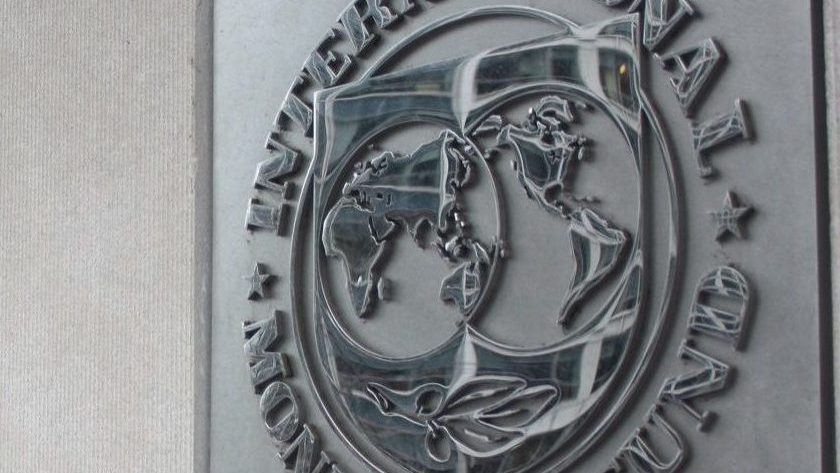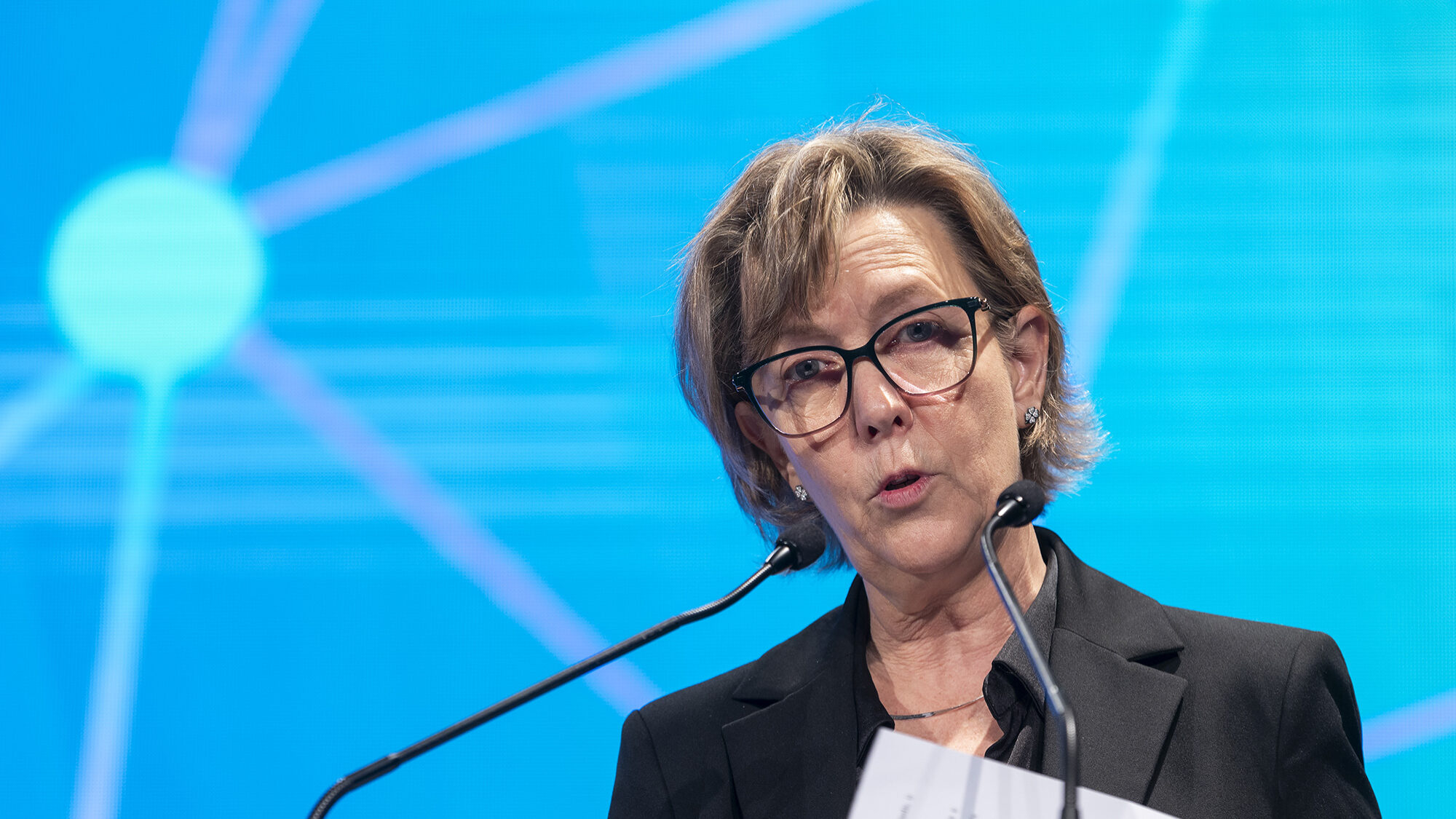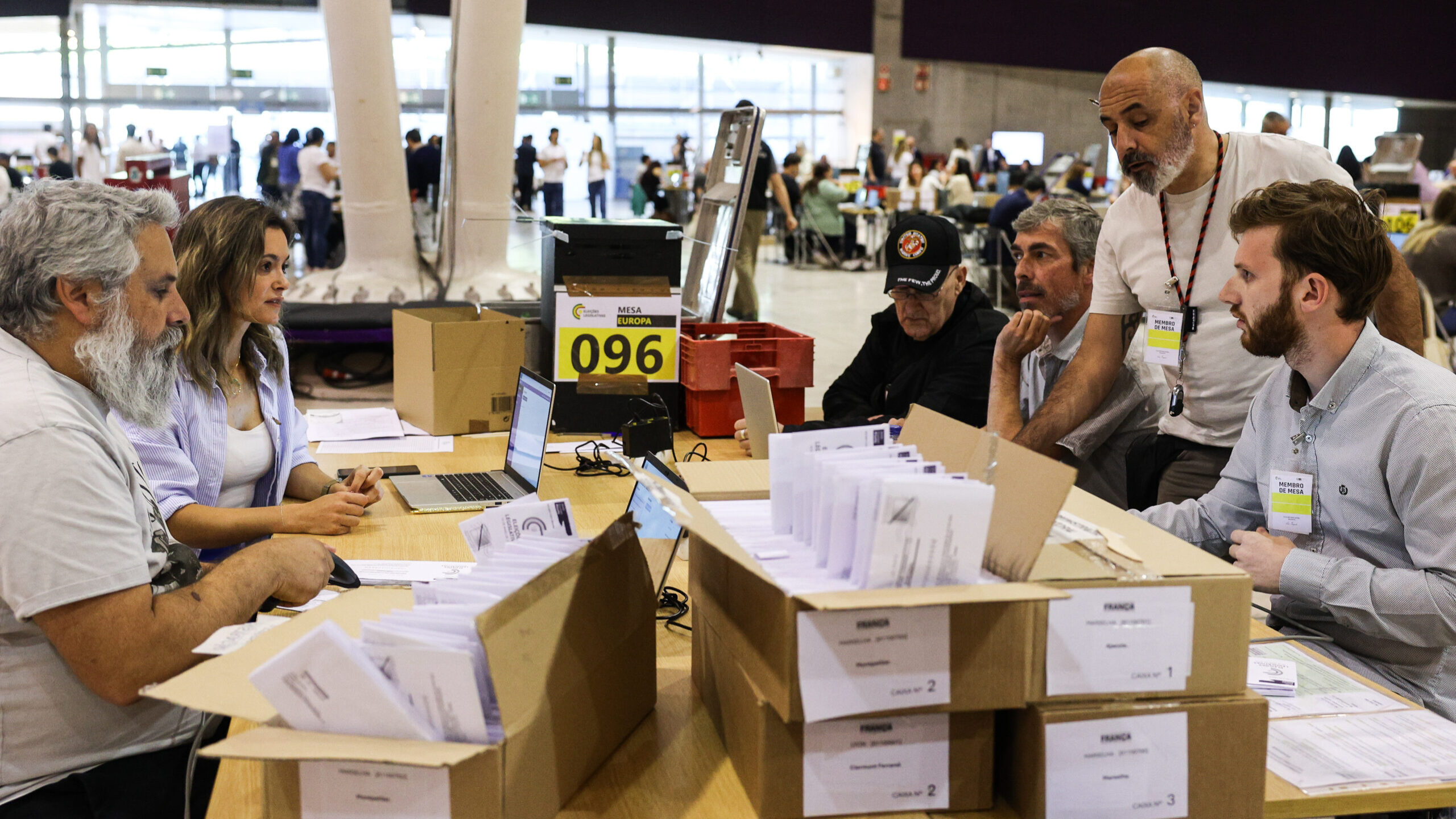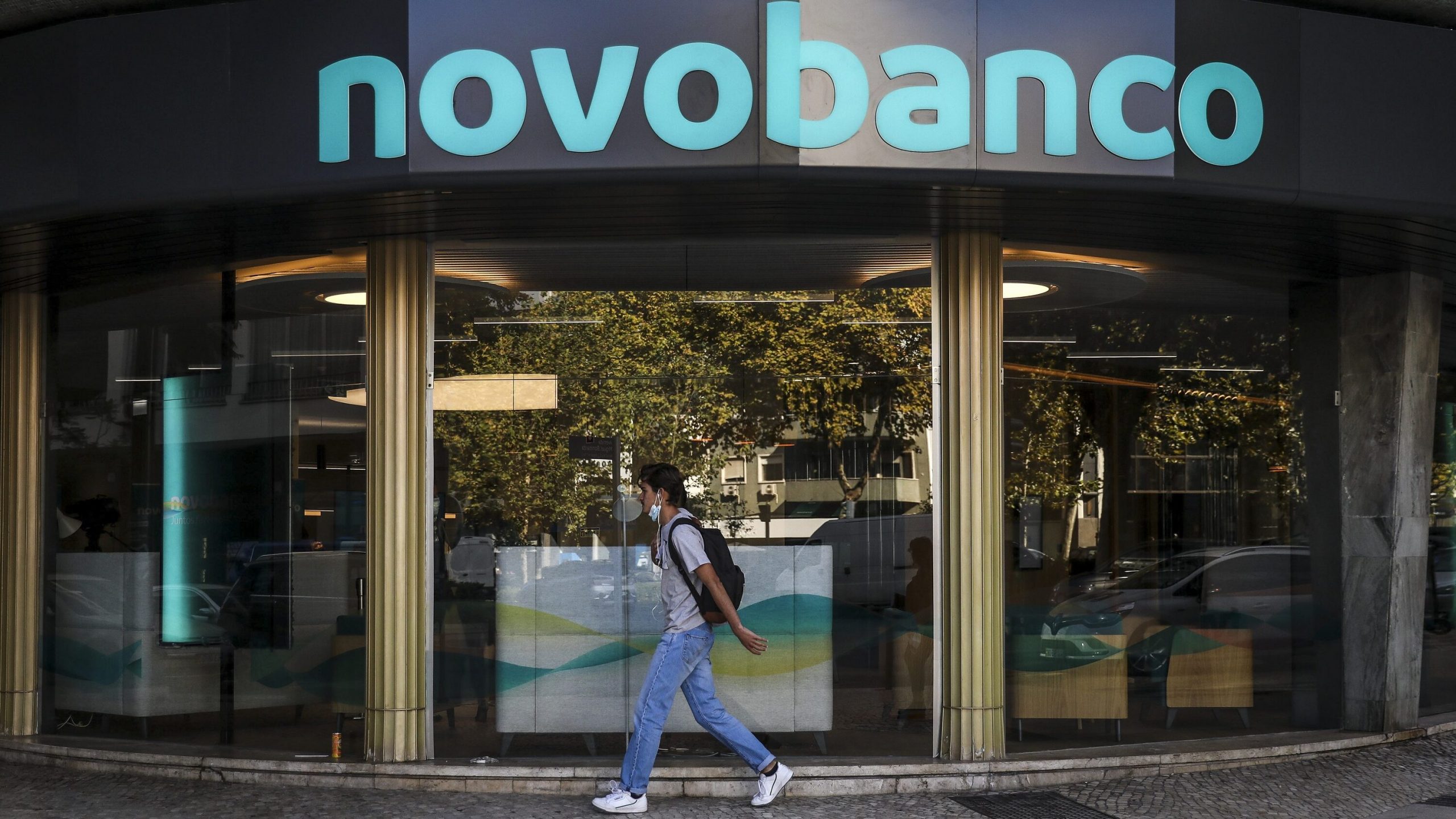Five Portuguese business schools among the best in the world for executive training
Nova SBE consolidates its leadership among Portuguese business schools, climbing 11 places in the open training ranking. Católica, ISEG, ISCTE, PBS/FEP also feature in the ‘Financial Times’ list.
Five Portuguese business schools are among the best in the world when it comes to training executives. In this year’s edition of the Financial Times ranking, the Faculty of Economics of Universidade Nova de Lisboa (Nova SBE) consolidates its national leadership, improving 11 positions in open programmes. ISEG also moved up 11 places in this type of education. As for customised programmes, it’s Porto Business School and the Faculty of Economics of the University of Porto that have risen the most.
“In 2025, Nova SBE will consolidate its position as a national leader, occupying first place in Portugal in both customised and open programmes”, said the school led by Pedro Oliveira, in a note sent to the press.
In terms of programmes open to all, Nova SBE comes 30th in the Financial Times ranking, an improvement of 11 places from last year’s edition.
In the case of tailor-made programmes for individual organisations, Nova SBE ranks 15th, down two places compared to last year. Nevertheless, it remains “in the select group of the top fifteen institutions globally”, the school emphasises.
“This international recognition is a reflection of Nova SBE’s commitment to training leaders prepared to transform organisations and societies. We continue to challenge the boundaries of executive education, combining science, innovation and purpose to create real impact”, says Pedro Oliveira, dean of Nova SBE.
Católica improves in open programmes, but worsens in closed ones
In this year’s edition of the Financial Times rankings, Católica Lisbon School of Business & Economics, like Nova SBE, improves its position in open programmes, but worsens in customised ones.
In training programmes open to all, the school appears in 37th place in the table, up five places from last year’s result.
In customised training, it is in 50th position, slipping 20 places compared to the 2024 edition of the British newspaper’s ranking.
“Católica Lisbon School of Business and Economics has once again been recognised for the 18th consecutive year in the Financial Times executive education ranking, ranking among the best business schools in the world for open enrolment programmes and customised training for companies”, the school said in a statement.
In the view of Filipe Santos, dean of the school, being one of the best business schools in the world for executive education for 18 years “is a source of great pride and proof of consistency and commitment to excellence”. “This recognition underlines, in particular, the quality of our teaching staff and the innovation of our programmes, essential pillars in the training of leaders prepared to anticipate trends, make strategic decisions and lead with vision, responsibility and impact”, he said.
ISEG among the best, but worsens in both rankings
While last year the Instituto Superior de Economia e Gestão (ISEG) was one of the schools that could be celebrated for having improved its rankings, this time it’s a different story. The school chaired by João Duque is still among the best in the world, but it has worsened both in executive training open to all and in customised programmes.
In terms of open programmes, ISEG is in 68th place in the Financial Times ranking, down 11 places.
As for customised programmes, the drop is smaller: nine places, to the position 48 in the world table.
João Duque, the school’s president, emphasises that ISEG doesn’t work for rankings, but stresses that this recognition is an incentive to continue working with “ambition, consistency and passion”. “Always at the service of our mission to develop conscious leaders, prepared to create value in organisations and society”, he stresses.
He adds: “We are also very pleased that five Portuguese schools are part of this ranking, as it attests to the quality of the executive training that Portugal has to offer, and reinforces our country’s ability to attract — and eventually retain — the leaders of the future.”
ISCTE also falls in open training, but improves in customised training
Like ISEG, Iscte Executive Education is still among the best in the world, but it has fallen in the Financial Times ranking of executive training programmes open to all. In its tailor-made programmes for organisations, however, it managed to improve on last year.
In terms of open executive training, the business school is in 67th place in the British newspaper’s ranking, down three places compared to last year’s edition.
As for tailor-made programmes, there was a year-on-year improvement. In this case, Iscte appears in 44th place, up one place on the last edition.
For José Crespo de Carvalho, president of Iscte Executive Education, these results “are an unequivocal sign of the trust that global organisations place” in this school, but also of the dedication of the teachers and the motivation of the students. “Being in the world’s top 50 is a source of pride, but it’s not the end. It’s a renewed incentive to continue transforming leaders and organisations, with real impact and global reach”, he says.
Porto schools are the only ones to improve in both rankings
Among the five national schools that appear in this edition of the Financial Times ranking, only one improves both in executive training open to all and in customised programmes: the University of Porto (Faculty of Economics and Porto Business School).
In terms of programmes open to all, the University of Porto appears in 43rd place in the Financial Times table, up one position from the last edition.
As for customised programmes, the improvement is more significant. With a rise of five places, the University of Porto is in 42nd place in the British newspaper’s ranking. “With these results, PBS stands out as the Portuguese business school that has risen the most in the category of customised programmes, an additional recognition of the quality of the programmes developed in partnership with companies and organisations”, is stressed in a note sent to the press.
For José Esteves, dean of Porto Business School, “these results reinforce Porto Business School’s international positioning as a school of excellence in executive training, focused on preparing leaders for the challenges of today and the future”.
These Financial Times rankings analyse executive training at the 85 best schools in open programmes and the 95 best in customised programmes.
In open programmes, the ‘gold’ is London Business School, which takes over from HEC Paris (now in second place). In customised training, the top of the podium is occupied by IMD – International Institute for Management Development, which ‘steals’ the top spot from Insead (now in fifth place).




